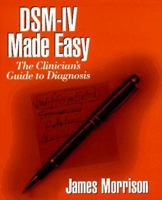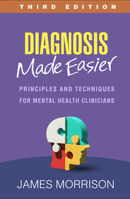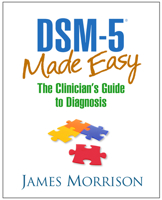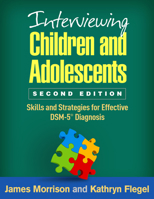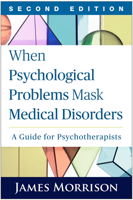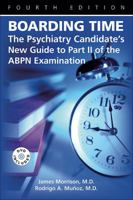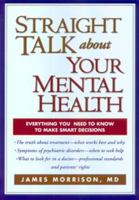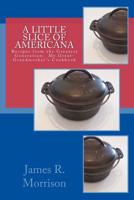Sonnet: One Woman's Voyage from Maryland to Greece
Select Format
Select Condition 
Book Overview
Customer Reviews
Rated 5 starsGreatest Interview Book
This book is a WONDERFUL reference for doing interviews in a school, psychological or professional setting. This book gives examples of how to give a detailed interview, how to ask difficult questions, how to approach clients. I will be using this book for years to come. It was made to accompany the DSM-IV, but even if you don't use the DSM, this book will definitely give you insight as to how to ask inquiries of your client...
0Report
Rated 5 starsGreat addition to DSM -IV
As a student, this book is great for using when studying how to interview and work in the DSM IV. Lots of valuable information and great reference charts. Worth is to have on hand.
0Report
Rated 5 starsVery useful
I purchased this book for a psychology class and I found it easy to read and easy to implement the suggestions offered within the book.
0Report
Rated 5 starsExcellent, practical methodology
this book is very well-organized and easy to read. it is comprehensive and thoroughly addresses all the possible components to an intake interview that one could imagine! sections of particular interest to me were how to address sensitive subjects and how to get patients to get in touch with feelings (people are often too much in their heads), mental status exam aspects, signs and symptoms, and dealing with difficult patients...
0Report
Rated 5 starsWritten by a great academic teacher
A wonderful book! I have an MA in Psychology (and a PhD in an unrelated field) and have been working in emergency psychiatric evaluations for two years now. This is the one most helpful book that I have found on the question: How do I talk to a person for one hour and know what's going on with them psychiatrically? What I like about it: a) It guides you through the phases of an interview: opening; developing rapport; finding...
0Report












